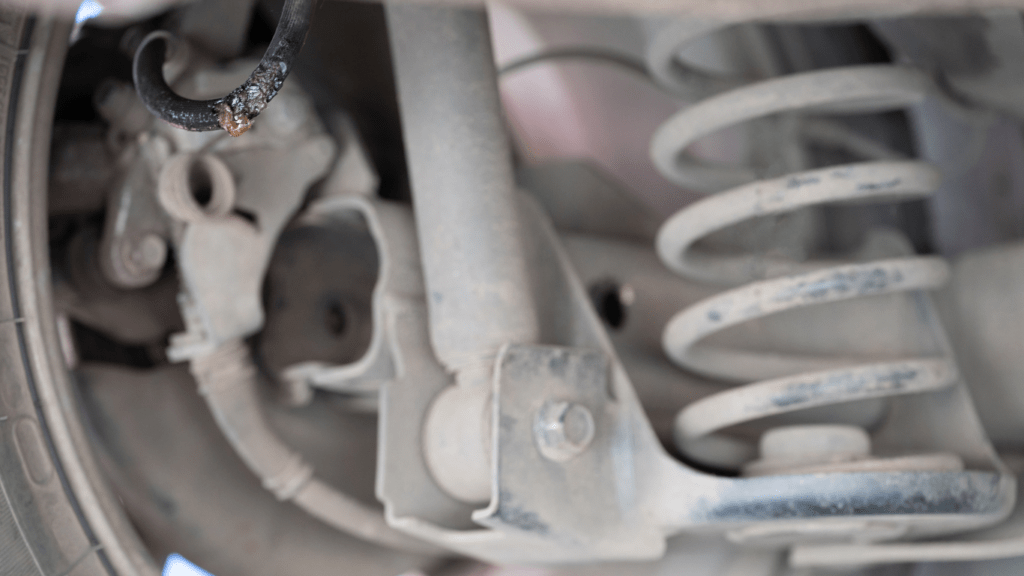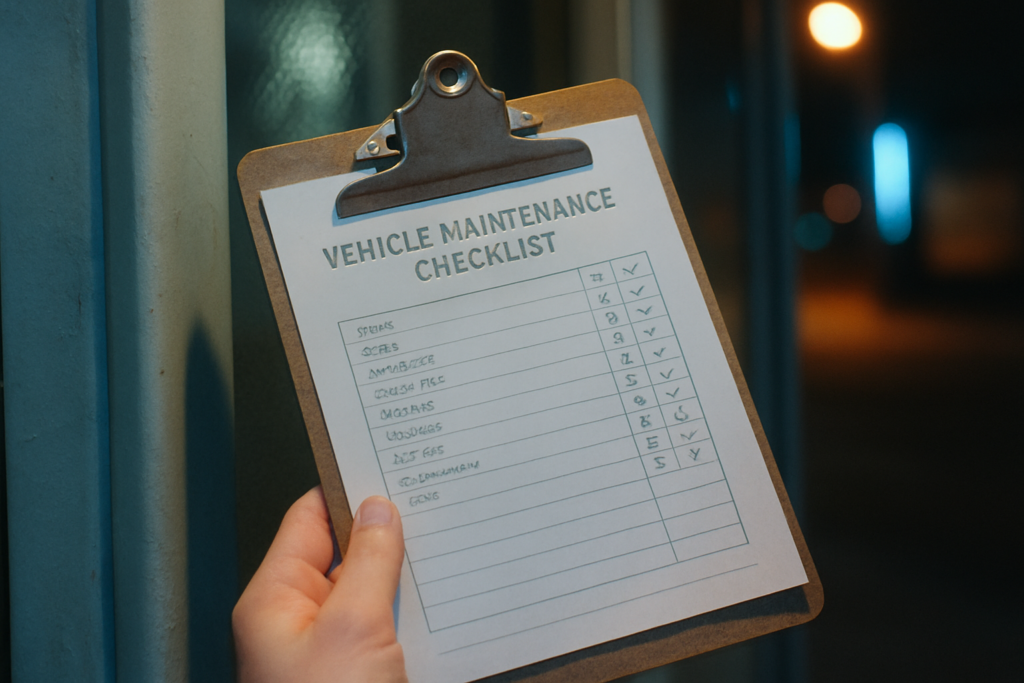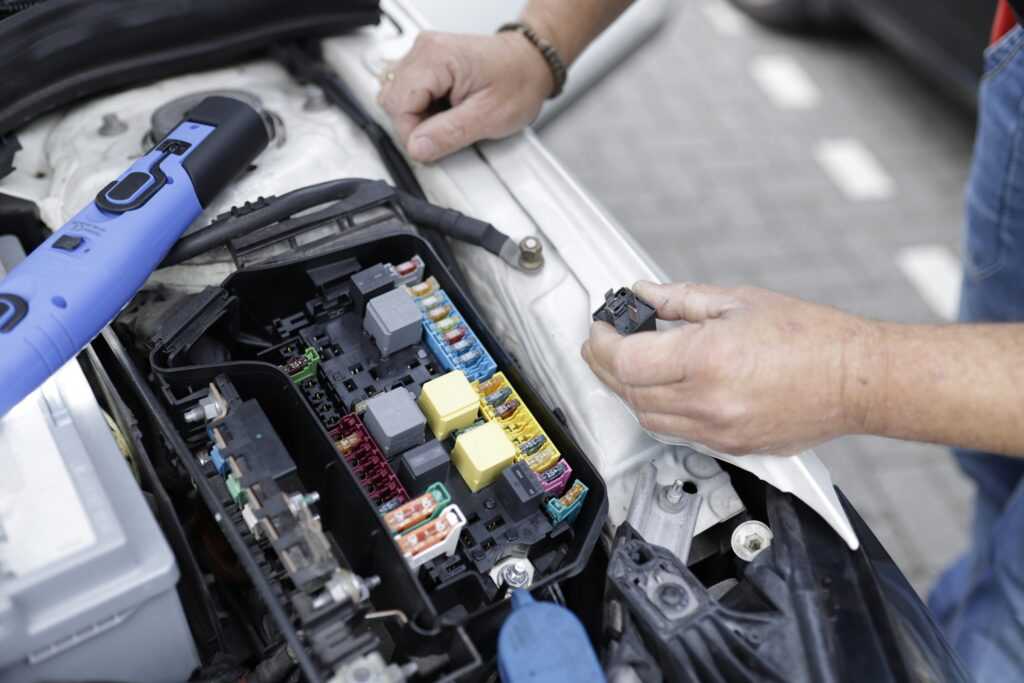Unusual Noises
Unusual noises often indicate that a car needs immediate maintenance. Identifying these sounds early can prevent extensive damage and ensure vehicle safety.
Squeaking Brakes
Squeaking brakes usually point to worn brake pads. Brake pads have a metal indicator that creates a squeak when pads need replacing. Ignoring this noise may result in damaged rotors, increasing repair costs.
Knocking Engine Sounds
A knocking engine sound typically signifies issues with the internal components. This might be due to low oil levels, failing bearings, or incorrect fuel octane. Addressing this promptly helps avoid major engine damage.
Grinding Gears
Grinding gears often occur when shifting and indicate transmission problems. This can be due to worn out or damaged gears or low transmission fluid. Neglecting this noise may lead to costly transmission repairs or replacements.
Identifying and addressing these unusual noises quickly ensures vehicle longevity and safety.
Warning Lights
Identifying warning lights on your dashboard is crucial for your vehicle’s maintenance. These lights signal various issues that can affect your car’s performance and safety.
Check Engine Light
A check engine light is one of the most common warning signs. It can indicate issues ranging from a loose gas cap to serious engine problems like a failing catalytic converter. I always recommend having a professional diagnose the exact problem using an OBD-II scanner.
Oil Pressure Warning
An oil pressure warning light means your engine’s oil pressure is too low. If this light appears, it could signal an oil leak or a failing oil pump. Driving with insufficient oil pressure can severely damage the engine, so don’t ignore this warning.
Brake System Alert
A brake system alert light indicates issues in your braking system. This could mean your brake fluid levels are low or there’s a problem with the brake pads or rotors. Since brakes are crucial for safety, it’s critical to address any brake system alerts immediately.
Fluid Leaks

Fluid leaks serve as critical indicators that your car needs immediate maintenance. Identifying the type and source of the leak can help prevent more severe mechanical issues.
Oil Leaks
- Oil leaks typically manifest as dark brown or black puddles under your vehicle.
- The most common sources include the oil pan, valve cover gaskets, and oil filters.
- Failing to address oil leaks can lead to low oil levels, resulting in significant engine damage.
- Check the oil dipstick regularly, and if you notice a decrease in oil levels, inspect the engine bay for leaks.
- Consult a professional mechanic to diagnose and fix the issue promptly.
Coolant Leaks
Coolant leaks usually appear as green, orange, or pink puddles beneath your car. Common sources are the radiator, hoses, water pump, and coolant reservoir. Ignoring coolant leaks can cause the engine to overheat, leading to warped cylinder heads or a blown head gasket. Check the coolant level in the reservoir regularly. If it drops rapidly, your car likely has a leak requiring immediate attention. Repairing coolant leaks quickly helps maintain optimal engine temperature and prevents costly repairs.
Poor Performance
Performance issues can be a clear indicator that your car needs immediate attention. Here are some signs to watch out for:
Decreased Fuel Efficiency
A noticeable drop in fuel efficiency suggests a problem. Common culprits include dirty fuel injectors, clogged air filters, or worn spark plugs. Addressing these issues promptly prevents larger, more costly repairs and keeps your car running efficiently.
Difficulty Starting
If your car struggles to start, it might be due to battery issues, failing spark plugs, or a faulty starter. Quick diagnosis and repair are essential to avoid being stranded and to ensure reliable vehicle performance.
Rough Idling
When your car idles roughly, it signifies underlying issues like:
- dirty throttle body
- faulty sensors
- vacuum leaks
Efficiently addressing these problems will smooth out engine operation and improve overall vehicle performance. Ignoring rough idling can lead to more severe engine damage over time.
Unusual Smells
Unusual smells in your car often indicate serious issues needing immediate maintenance. Ignoring these scents can lead to dangerous or costly problems.
Burning Odor
A burning odor typically means an overheating component or fluid. If you smell burning rubber, it might indicate a slipping drive belt or a hose coming into contact with a hot engine part. A burning oil smell may point to an oil leak onto the exhaust system, while a burning plastic scent could signify electrical issues or overheated wiring. These smells require quick action to prevent critical damage.
Gasoline Smell
A strong gasoline smell usually signals a fuel system problem. This could be due to a leaking fuel tank, fuel injector, or fuel line. Not only can this cause poor fuel efficiency, but it’s also a significant fire hazard. Identifying and repairing the source of the gasoline smell is essential for safety and efficient vehicle operation.




